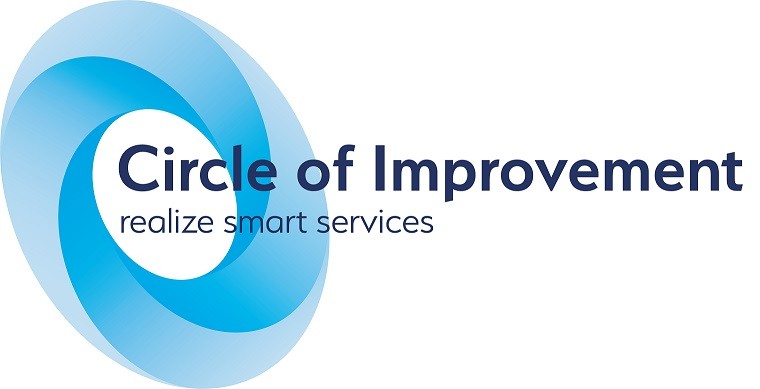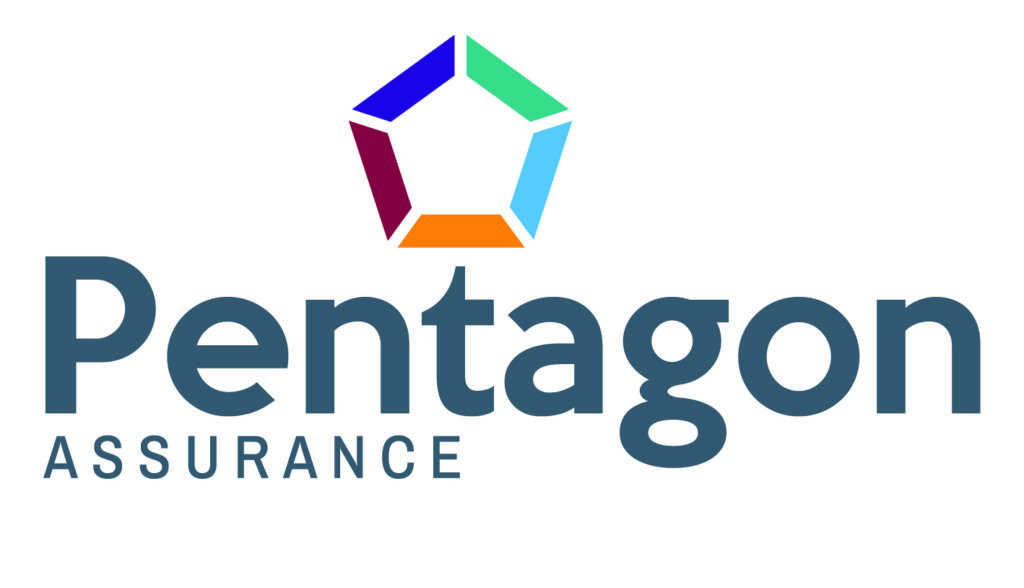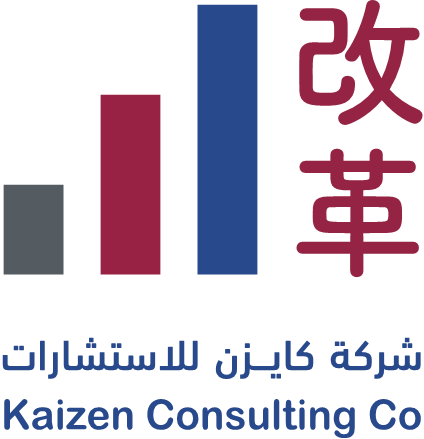Why Autonomous Supply Chains: Explained
The traditional global supply chain faces numerous vulnerabilities and inefficiencies, as recently demonstrated by the impacts of human error, pandemics, and natural disasters. Additionally, there is a persistent issue of chronic waste within our supply chains, such as waiting times, overproduction, and excessive inventories, often summarized by the acronym DOWNTIME.
These challenges highlight the necessity of developing more sustainable and adaptable supply chains. The concept of the Autonomous Supply Chain (ASC) has emerged as a potential solution, offering predictive and self-decision-making capabilities. This approach integrates Lean Thinking, Systems Thinking, Artificial Intelligence, and Blockchain Technology.
The study “On Implementing Autonomous Supply Chains: A Multi-Agent System (MAS) Approach,” produced by industry experts Liming Xu, Stephen M., Alexandra Brintrup, and Maria Minaricova in collaboration with the University of Cambridge and the Blockchain / AI company Fetch.AI, explores this innovative approach.
The Importance of Autonomous Supply Chains
In the current dynamic and uncertain environment, traditional supply chains are finding it difficult to adapt. Trade restrictions, the global COVID-19 pandemic, and various geopolitical conflicts have exposed major vulnerabilities within these systems. These challenges emphasize the urgent necessity for organizations to develop more resilient and adaptable supply chains.
This is where the concept of the Autonomous Supply Chain (ASC) becomes crucial. ASCs are distinguished by their predictive abilities and autonomous decision-making, offering a solution to these challenges. Although ASCs hold significant promise, research on them, particularly concerning practical implementation, has been limited. This paper seeks to address this gap by introducing a concrete methodology for implementing ASCs through a multi-agent system approach.







































![UCOURSE.ORG [UCOURSE Academy] was established in Hong Kong in 2019 (company name: UCOURSE LTD), dedicated to providing high-quality online courses and courses for Chinese people in China, Hong Kong, and even all over the world. UCOURSE.ORG 【优思学院】于2019年成立于香港(公司名称:优思学院有限公司 / UCOURSE LTD),致力于为中国、香港、以至身处于全球各地的中国人提供优质的线上课程和考试认证,促进全国的人材培育、个人的职业发展,让学员在事业上事半功倍,同时助力国家的未来的急促发展。](https://ilssi.org/wp-content/uploads/2021/02/ucourse-logo-250.png)

















































